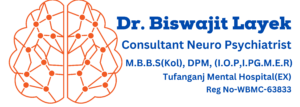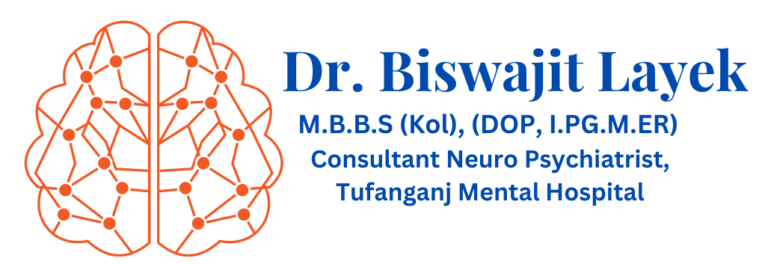Isolation
Welcome to the official blog of Dr. Biswajit Layek, dedicated to exploring the topic of isolation and providing practical strategies for breaking free from its grip. Isolation can be a challenging experience that leaves us feeling disconnected, lonely, and disconnected from meaningful relationships. In this blog, we will delve into the root causes of isolation, the psychological and social impacts it can have, and most importantly, effective techniques for reconnecting with others and cultivating a sense of belonging. Join us on this journey of self-discovery as we learn how to navigate through isolation and build meaningful connections.
- Understanding Isolation:
- In this section, we will delve into the different aspects of isolation and its underlying causes. We will explore the various forms of isolation, such as social isolation, emotional isolation, and self-imposed isolation. By understanding the factors contributing to isolation, we can begin to address them more effectively.
- The Impact of Isolation on Well-being:
- Isolation can have a profound impact on our mental, emotional, and physical well-being. This section will highlight the consequences of prolonged isolation, including increased risk of mental health issues, diminished self-esteem, and compromised physical health. Recognizing the effects will motivate us to seek strategies for reconnecting and nurturing social connections.
- Recognizing Personal Barriers to Connection:
- Identifying the personal barriers that prevent us from connecting with others is essential for overcoming isolation. In this section, we will explore common barriers, such as fear of rejection, low self-confidence, and past experiences. Dr. Layek will provide guidance on how to recognize and overcome these barriers to foster meaningful connections.
- Cultivating Social Connections:
- This section will focus on practical strategies for cultivating social connections and combatting isolation. We will explore avenues for meeting new people, such as joining clubs, volunteering, and engaging in community activities. Dr. Layek will provide tips on effective communication, active listening, and nurturing relationships to foster a sense of belonging.
- Enhancing Emotional Support:
- Emotional isolation can be just as detrimental as social isolation. In this section, we will explore techniques for enhancing emotional support, such as seeking therapy or counseling, connecting with trusted friends or family members, and cultivating self-compassion. Dr. Layek will provide insights on building a support network that can help alleviate feelings of isolation.
- Utilizing Technology for Connection:
- Technology can be a valuable tool for combating isolation, especially in today’s digital age. This section will explore ways to leverage technology for social connection, such as participating in online communities, joining virtual support groups, and utilizing social media mindfully. Dr. Layek will offer tips on maintaining a healthy balance between online and offline connections.
- Seeking Professional Help:
- If feelings of isolation persist or become overwhelming, seeking professional help is important. This section will emphasize the value of seeking therapy or counseling to address underlying emotional issues and develop effective coping strategies. Dr. Layek will provide guidance on finding a qualified mental health professional and the benefits of seeking specialized help.
Conclusion:
Breaking free from isolation and reconnecting with others is a transformative journey that requires courage, effort, and vulnerability. By understanding the causes of isolation, embracing strategies for connection, and seeking support when needed, you can overcome isolation and cultivate a sense of belonging. Remember, you are not alone, and there are resources and communities ready to support you on your path to connectedness. Join us as we embark on this journey together and rediscover the joy of genuine human connection.

